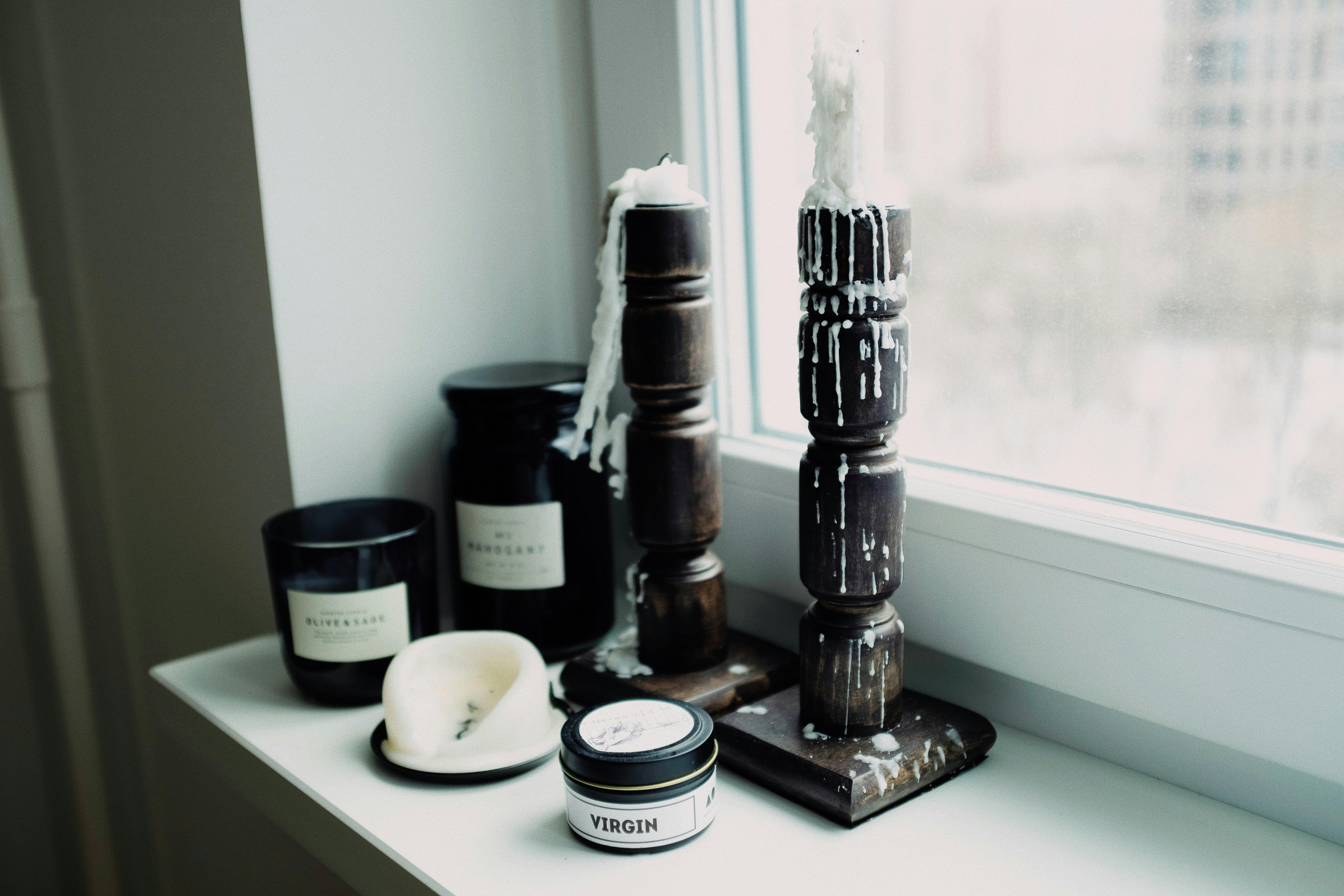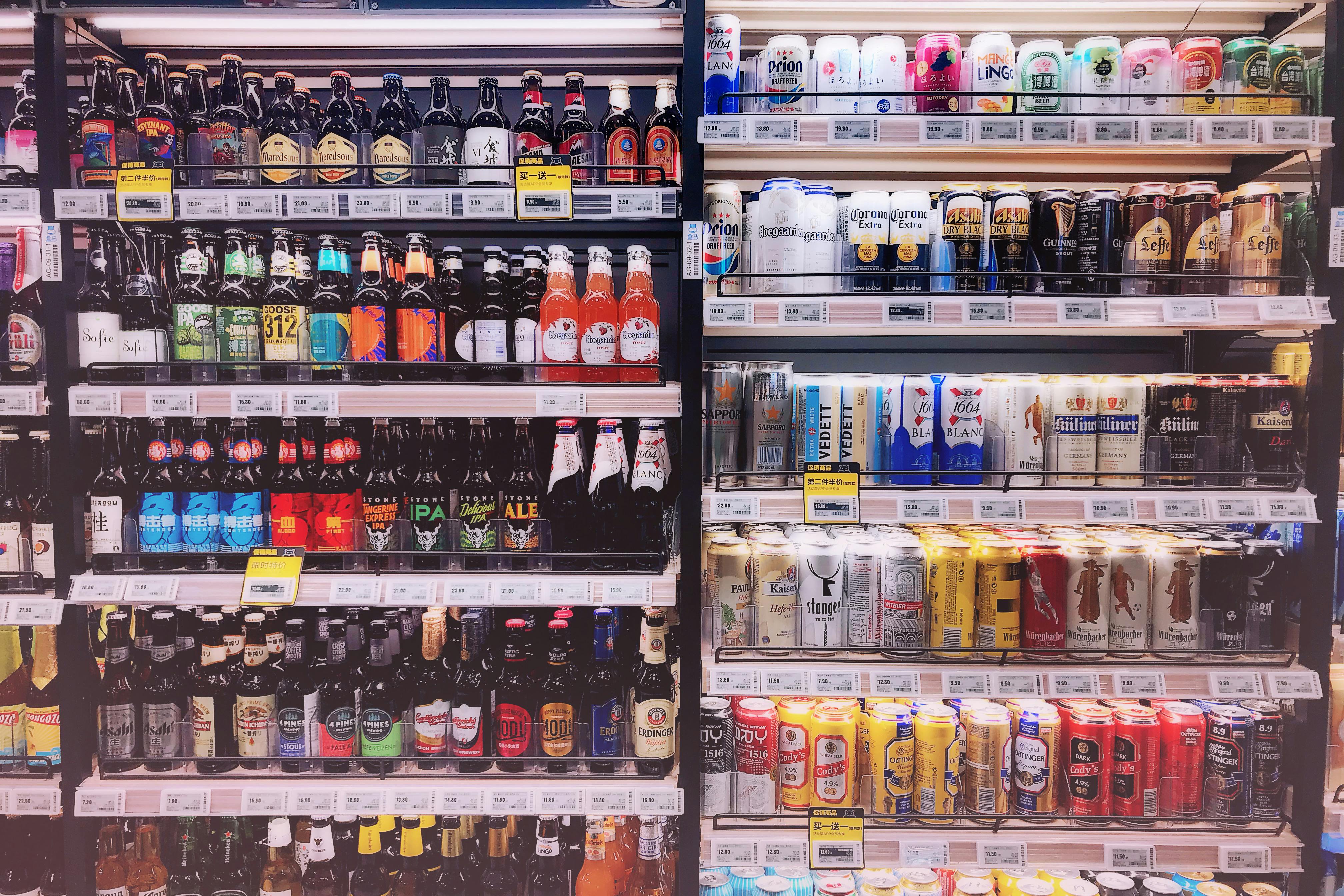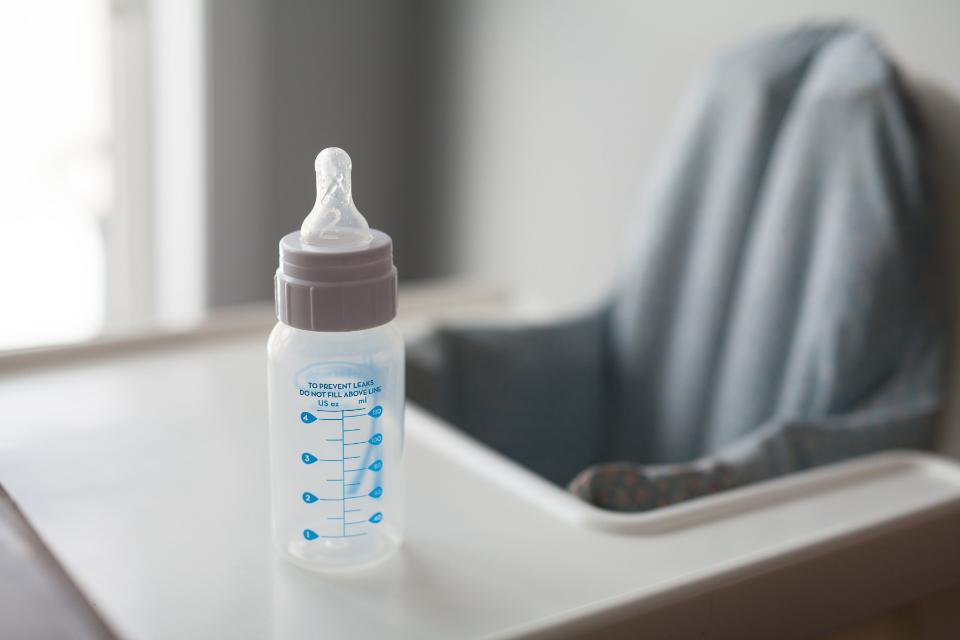Baby bottles are an essential item for parents of young children, and keeping them clean is a top priority. Many parents wonder if it’s safe to put baby bottles in the dishwasher, and the answer isn’t always clear. In this article, we’ll look at the pros and cons of putting baby bottles in the dishwasher and provide tips on how to do so safely.Yes, you can put baby bottles in the dishwasher.
Benefits of Washing Baby Bottles In Dishwasher
Washing baby bottles can be a tedious and time consuming task. It is important to clean them thoroughly to ensure the safety and health of your baby. Using a dishwasher is an easy and effective way to clean baby bottles. There are several benefits to using a dishwasher for washing baby bottles, such as:
• Sanitation: A dishwasher can provide a more thorough cleaning than hand washing with soap and water. The hot water and detergents used in the dishwasher help to remove any bacteria that may be present on the bottles.
• Time Saving: Washing baby bottles in a dishwasher is much faster than hand washing them. This can save you time when you are busy with other tasks or have limited time to clean your baby’s bottles.
• Cost Effective: Using a dishwasher instead of hand washing can also save money, since it will use less soap and water than hand washing. Additionally, you don’t have to purchase special bottle brushes or other supplies that are needed for hand washing.
• Convenience: Dishwashers are convenient because they allow you to wash multiple bottles at once without having to worry about cleaning each one individually. This makes it easier for busy parents who don’t have the time or energy to wash each bottle by hand.
Overall, using a dishwasher for washing baby bottles has many advantages over hand washing. It is more sanitary, saves time and money, and is more convenient. If you are looking for an easy way to clean baby bottles, consider using a dishwasher.
Risks of Washing Baby Bottles In Dishwasher
Washing baby bottles in the dishwasher may seem like an easy and convenient way to clean them, but it can actually pose some risks to your baby. Dishwashers use high temperatures and harsh detergents, which can be damaging to delicate items like baby bottles. Heat and detergents can cause the plastic of the bottle to degrade, which can cause chemical leaching into your baby’s milk or formula. This means that your baby may be exposed to dangerous chemicals that could make them sick.
Another risk of washing baby bottles in the dishwasher is that it can damage the nipples. High temperatures and harsh detergents can cause nipples to become brittle and cracked, which makes them difficult for your baby to suck on. Additionally, detergent residue may remain on the bottle after washing, which could irritate your baby’s mouth or make them sick if ingested.
Additionally, bacteria can accumulate in dishwashers over time if they are not properly cleaned regularly. This means that even if you are washing your bottles in hot water, there is still a risk of cross-contamination from other dishes in the dishwasher. This could lead to illnesses caused by bacteria such as E. coli or salmonella for both you and your baby.
For these reasons, it is best to avoid washing your baby bottles in the dishwasher whenever possible. Handwashing with hot water and a mild soap is the safest option for cleaning your bottles, as it eliminates the risks mentioned above and helps ensure that they are thoroughly cleaned without any potential contaminants or chemicals present.
Things to Consider Before Putting Baby Bottles In Dishwasher
When it comes to cleaning baby bottles, it’s important to consider all the possible options before deciding what is the best for your family. One option that many parents choose is putting baby bottles in the dishwasher. While this can be a great way to sanitize and clean baby bottles, there are a few things you should consider before putting them in the dishwasher.
First, you should make sure that the materials used to make your baby bottles are dishwasher safe. Some plastic or glass bottles may be labeled as “dishwasher safe” but it’s always best to double-check with the manufacturer. You should also check your dishwasher detergent and make sure it is free of fragrances and dyes that can be harmful for babies.
Second, you should avoid using any harsh cleaning agents on your baby bottles. Many of these chemicals can be too harsh for your little one’s delicate skin and can cause irritation or even allergic reactions. When putting baby bottles in the dishwasher, make sure you use only mild detergents or natural cleaners like baking soda or vinegar.
Third, if you decide to put plastic baby bottles in the dishwasher, it’s important to take extra care and use lower temperature settings. High temperatures can cause plastic to warp or melt over time, which could potentially harm your little one if ingested.
Finally, if you decide to put metal or glass baby bottles in the dishwasher, it’s important to read all of the instructions carefully before using them. Make sure they are properly secured and placed on the top rack away from any sharp knives or other utensils that could damage them during washing cycles.
Taking these simple precautions will help ensure that your baby’s bottles stay clean and safe for their use without any risks associated with improper cleaning methods.
What Materials Are Safe To Put In The Dishwasher?
When it comes to cleaning dishes, the dishwasher is a popular appliance because of its convenience and ease of use. However, not all materials are safe to put in the dishwasher. It is important to know which materials are safe and which should be hand washed.
Glassware, ceramic plates, plastic containers and utensils, stainless steel cutlery, and other non-porous items are generally safe to put in the dishwasher. Most modern dishwashers come with adjustable racks that make it easier to fit larger items like pots and pans. If you have any doubts about whether a particular item is suitable for the dishwasher, check with the manufacturer or consult your user manual.
It’s best to avoid putting delicate items such as crystal glasses or fine china in the dishwasher as these may become damaged or cracked due to the high temperatures and pressure of the water jets. Also, some plastic items may become warped in the high heat of a dishwasher cycle so it’s best to check with the manufacturer before washing them in this way.
Wooden utensils should not be put into a dishwasher as this can cause them to warp or splinter. Copper cookware should also be hand washed only as it can react with detergents or become discolored when exposed to high temperatures in the dishwasher cycle.
In general, most metal kitchenware such as knives, forks, spoons and other metal utensils are safe for use in a dishwasher but it’s always best to check with the manufacturer first if you’re unsure. If there’s anything else you’re unsure about washing in your machine – such as a rubber spatula – it’s best to err on the side of caution and hand wash it instead.

How to Clean Baby Bottles In A Dishwasher
Cleaning baby bottles in a dishwasher is not only convenient, but also effective in killing harmful bacteria and germs. To ensure that your baby’s bottles are properly sterilized, it is important to follow some basic steps. Start by rinsing out the bottles and nipples with warm water. If there are any dried-on residue or formula stuck on the inside of the bottle, use an appropriate brush to remove it. Next, place the bottles and nipples in the dishwasher along with any other items you would like to clean. Make sure that all bottle parts are separated and placed correctly in their respective compartments.
Once everything is loaded into the dishwasher, select a cycle that includes a hot wash cycle and sanitization option. Use a detergent specifically designed for use in a dishwasher as this will help ensure that your baby’s bottles come out clean and free of bacteria. After the cycle has completed, allow the bottles to air dry before storing them away. It is also important to inspect all bottle parts for any signs of wear or damage before using them again. If any pieces show signs of wear or damage, replace them immediately for your baby’s safety.
How Long Do You Need to Wash Baby Bottles In the Dishwasher?
Washing baby bottles in the dishwasher is a great way to keep them clean and hygienic. However, it’s important to know how long you need to wash them in order to effectively remove germs and bacteria. Generally, baby bottles should be washed in the dishwasher for a minimum of 10 minutes on a normal cycle. This will ensure that all bacteria is killed and the bottles are thoroughly cleaned. You should also rinse off any remaining residue before placing them in the dishwasher. Additionally, you may want to use a sanitizing cycle if your dishwasher has one, as this will help reduce bacteria even further.
It’s also important to note that you should always use a separate rack or basket for washing baby bottles in the dishwasher. This helps to prevent cross-contamination from other dishes and utensils, as well as ensuring that no sharp edges scratch or damage the bottle surfaces. It’s also important to use an appropriate detergent designed specifically for washing baby bottles, as regular detergent can leave behind residue which can be harmful for your child.
Finally, after washing your baby bottles in the dishwasher, it’s essential that they are thoroughly dried before being put away or used again. Leaving them wet can encourage bacteria growth so make sure they are completely dry before storing away or using them again.
Overall, washing baby bottles in the dishwasher is an effective way of keeping them clean and hygienic but it’s important to make sure you follow proper guidelines when doing so in order to ensure maximum safety for your little one.
What Detergents Are Safe for Washing Baby Bottles in the Dishwasher?
Washing baby bottles in the dishwasher is a great way to keep them clean and hygienic. However, it is important to use a detergent that is safe for baby bottles. Many conventional detergents contain harsh chemicals that can be harmful to babies, so it is important to ensure you are using a detergent specifically designed for baby bottles.
Baby bottle detergents are specially formulated to be gentle on delicate skin and free from harsh chemicals. They are often labeled as “dishwasher safe” or “baby bottle safe” and may include natural ingredients like baking soda, lemon juice, or vinegar. When using a dishwasher, always follow the manufacturer’s instructions for best results.
It is also important to consider the type of water used when washing baby bottles in the dishwasher. Hard water can cause mineral deposits to build up on dishes, so it is best to use soft water when washing baby bottles in the dishwasher. If you have hard water, consider using a detergent specifically designed for hard water or adding a rinse aid such as citric acid or white vinegar to help prevent mineral deposits from building up on dishes.
Finally, it is important to remember that even though some detergents are labeled as “safe for baby bottles” this does not necessarily mean they are safe for all baby items. Always read labels carefully and follow manufacturer instructions when washing any type of baby item in the dishwasher.

Conclusion
In conclusion, baby bottles can be put in the dishwasher but with caution. It is important to use hot water when washing them to ensure that all germs and bacteria are removed. Furthermore, it is best to avoid using harsh detergents and bleach when cleaning the bottles. Regular cleaning and sterilization of baby bottles is essential for the health of your baby.
Although baby bottles can be safely put in a dishwasher, it is always best to follow the manufacturer’s instructions for proper care and maintenance of your items. Doing so will not only ensure that your baby’s items are kept clean and safe but also extend their life span.




